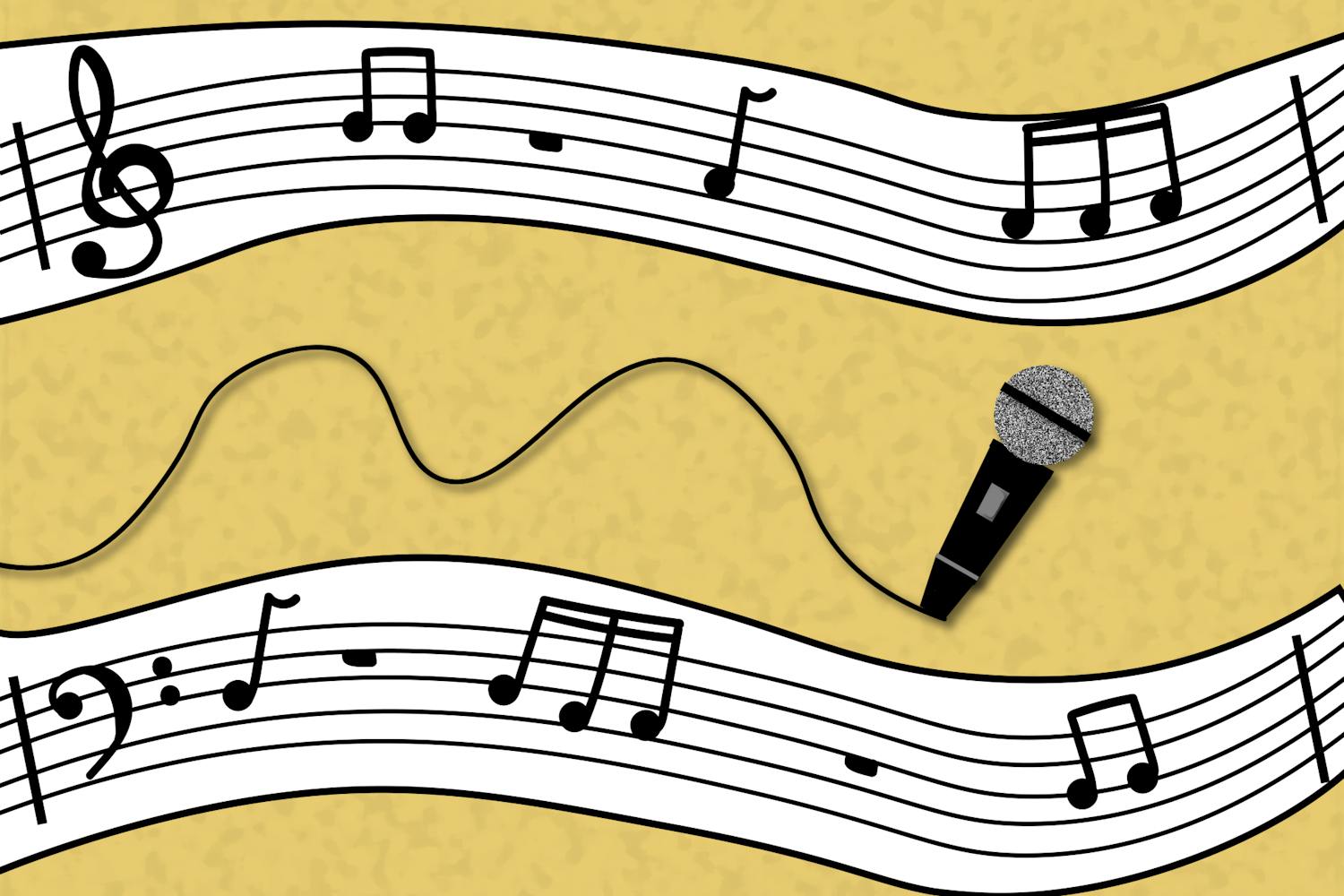A group of researchers at ASU’s School of Nutrition and Health Promotion has come to the conclusion that popular smartphone health-tracking apps like Lose It! may not be quite as helpful as they initially seem.
The researchers, including ASU School of Nutrition and Health Promotion faculty and students, discovered that among the dieters they observed throughout their study, those who used a paper and pencil to catalog their dietary habits lost just as much weight as those who used the smartphone app Lose It! or their smartphone’s digital notepad.
Carol Johnston, a professor at the ASU School of Nutrition and Health Promotion who co-authored the research, said she found it odd that her efforts to investigate the true effectiveness of smartphone health-tracking technology were the first of their kind.
“I was surprised five years ago when we started this trial, and am still perplexed, that there are no other trials in the research literature examining the efficacy of smart phone apps for diet and weight management,” Johnston said. “There are hundreds of apps but no research demonstrating their worth.”
The use of smartphone apps that assist in personal diet- and fitness-tracking has increased since the advent of the smartphone, but interest in this technology has seen particularly rapid growth in recent years with the rollout of products like the Nike+ Fuelband and related apps, and more recently, Apple’s iOS 8.
With Apple’s September 9 announcement of its new fitness-tracking feature, available on the recently released iPhone 6 and downloadable to previous iPhone models through iOS 8, interest in health-tracking technology is greater than ever.
“People love to play games on their phones,” Johnston said. “It seems such a logical transition to use phone 'games' to help individuals develop more healthful diet plans and become healthier individuals.”
The app does have certain advantages over pen-and-paper methods of diet tracking, Johnston said.
Social work sophomore J.J. Williamson, who was not involved in the new research, said the Lose It! app is fun and easy to use, and he found its features comprehensive.
“The Lose It! app is so visually inviting and user-friendly,” Williamson said. “It has everything I need to meet my goals.”
But while its user-friendly features did stimulate subjects of the study to record their eating habits more consistently than did their digital notepads or pencil-and-paper logbooks, it did not motivate them to actually improve their eating habits.
Nutrition professor Christopher Wharton said the dietary quality of app-users showed a “downward curve” throughout the study.
“A lot of these apps tend to have calorie information, because that’s what people look for first and foremost and understand the best, but when they have other types of feedback, it’s often in terms of the ‘numbers of nutrition,’ like milligrams of sodium or grams of fat and protein, and that’s not actually very useful for a lot of people,” he said.
Wharton attributed the “downward curve” in dietary quality to the fact that subjects who used a pen and paper to track their eating habits were given in-person dietary counseling, which probably put the nutritional value of their food in more understandable terms.
“Not very many people are expert enough at nutrition to be able to interpret a compilation of numbers to understand how much quality they have in their diet,” Wharton said.
He said he thought it would be much more useful to have a “food-based feedback system” through which servings of fruits, vegetables and grains could be tracked in addition to caloric intake.
Johnston said she agreed and that she planned to investigate this idea in the future.
Johnston also had some advice to give those trying to lose weight that didn’t have anything to do with whether or not to use a health-tracking app.
“Eat out less and take the time to prepare most of the food you eat from fresh sources,” she said.
Johnston also had other suggestions to maintain a healthy diet.
“Eat smaller portions, eat slower, focus on conversation with others at meals,” she said. “Do not drink calories — reduce or eliminate sugar-sweetened beverages (from your diet).”
Contact the reporter at megann.phillips@asu.edu or follow her on Twitter @megannphillips



